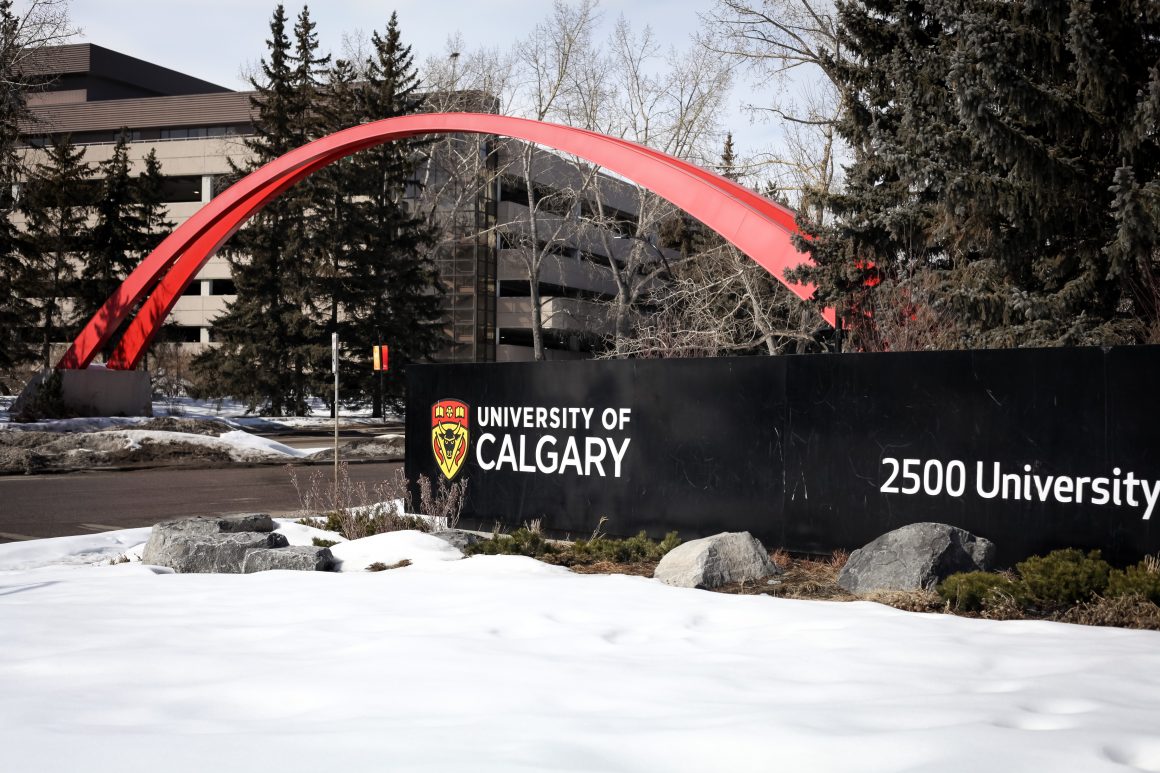
Undergraduate tuition set to increase pending vote
By Devin Szoo, November 25 2019—
Provost and vice-president academic Dru Marshall led Friday’s undergraduate tuition town hall. She began with a reflection.
“Everybody knows that we had a new government that was elected in April,” she said. “That government was elected with a wide majority. They were elected on an austerity platform.”
That austerity has reached campus, with Alberta’s 2020 budget cutting $32.9 million from the university’s operating grant. This week, 250 positions on campus were cut, with more expected. The university has promised that there will be no in-year impacts on programs and that student experience will remain a priority.
Students will, however, feel an increase in tuition. The proposed tuition changes see an increase of five per cent for all continuing students, with most new domestic students paying seven per cent more and new international students paying 10 per cent more. Engineering was the only faculty to receive an additional hike, with new domestic and international engineering students receiving a 10 percent increase.
Justifying these increases, Marshall explained that U of C’s undergraduate tuition ranks on the low end of student contribution to overall operating costs compared to other provinces. The university also has not received normal inflationary increases of roughly two per cent per year.
Marshall committed 14 per cent of domestic tuition and 20 per cent of international tuition to student support funding. The university has not determined if it will be distributed by need or by merit.
Students’ Union president Jessica Revington, during a media scrum, said that the increases were higher than expected and responded to questions around the SU’s ability to change the proposal.
“Up until this point we have had a track record of continued advocacy with the university and the provincial government,” Revington said. “This town hall is a direct result of the Students’ Unions’ advocacy to ensure that students have the opportunity to hear what is happening to their tuition and what is happening to their education.
“This is not over. In our consultations with the administration up until this point our advocacy has resulted in some wins — maintaining sexual violence prevention programming funding, as well as mental health funding.
“Moving forward, we’re looking at the funding cuts that the university would receive. And we’re glad to see that [these impacts are] being considered by university administration,” said Revington.
Raises to meal plan fees are also being considered.
“Discussions regarding meal plan rates are proceeding through the normal consultation process, including a residence student survey which is completed each academic term that asks students to evaluate meal plan variety, value and overall satisfaction,” said Shane Royal, director of ancillary services in a statement.
“Meetings are held with the Students’ Union as well as the Tuition Fee Consultation Committee (TFCC). These meetings take place prior to the recommendations being presented to the board. We also conduct market research on meal plans across Canada to provide information on plan structure. Final decisions have not been made at this time. Recommendations will go to the board for approval in January. We will continue to keep you updated on any decision made after the board approval in January.”
The university has stated that there will be no cuts to the university’s Mental Health Strategy, Sexual Violence Programming, Indigenous Strategy or the Department of Equity, Diversity and Inclusion. The university is also working to protect current on-campus co-op positions, and working to expand the co-op program, alleviating some concern around the cancellation of the STEP program and student summer employment.
When asked what steps Marshall took to advocate for students when corresponding with the provincial government, she stated, “We have had some very important conversations behind the scenes. We’re not going to critique the government publicly — we know generally when people are critiqued that they don’t respond well. So, it’s important for us that our philosophy has always been to have conversations behind the scenes and we’ve had many of them to present at all levels, both in the bureaucracy and at the political level, to ensure that people understand the University of Calgary story.”
Marshall stressed that the hikes were “just a proposal” and are subject to change. Additional town halls are to be expected by students. The Board of Governors will meet on Dec. 13 — these meetings are open to the public and students are welcome to attend.
